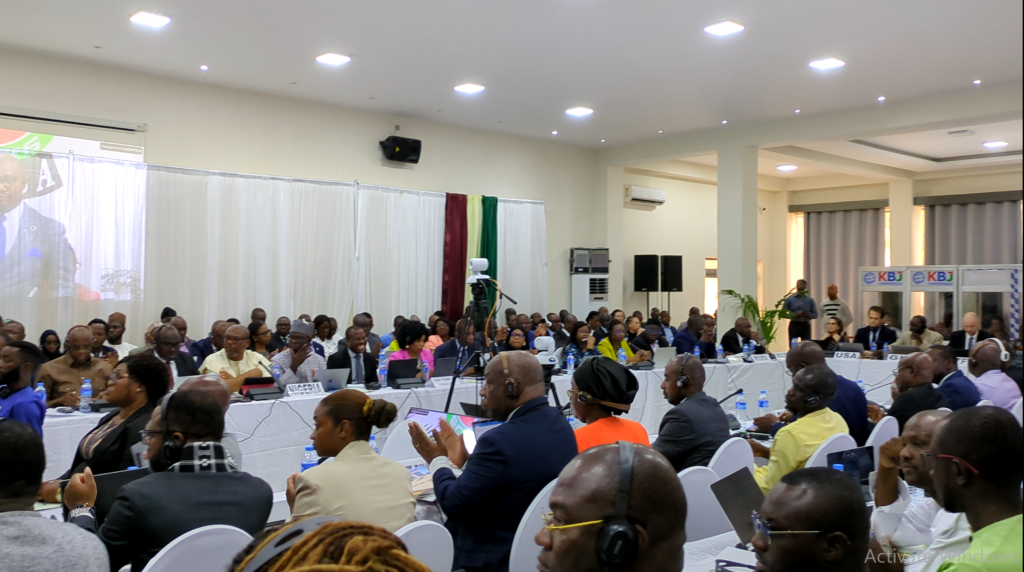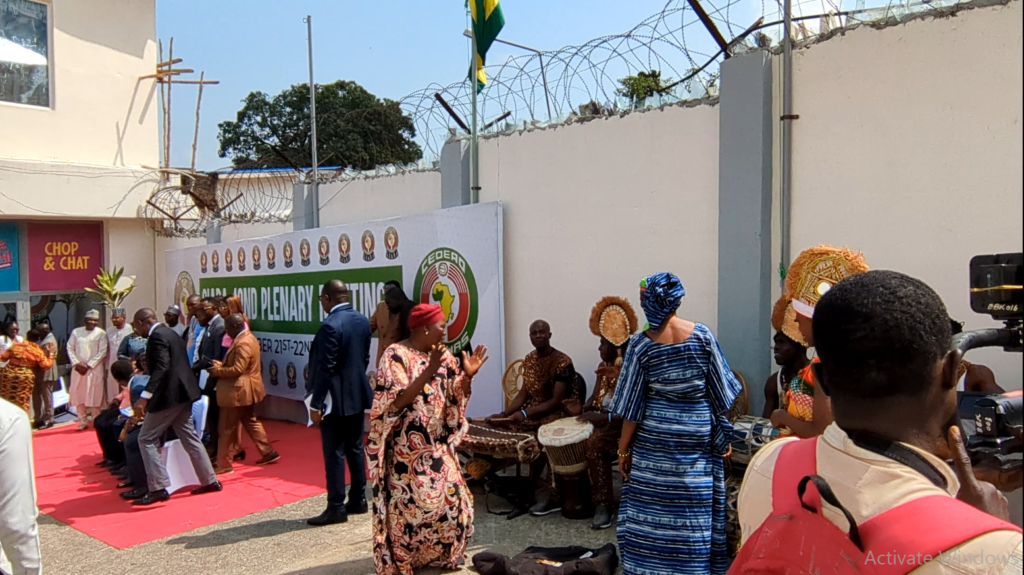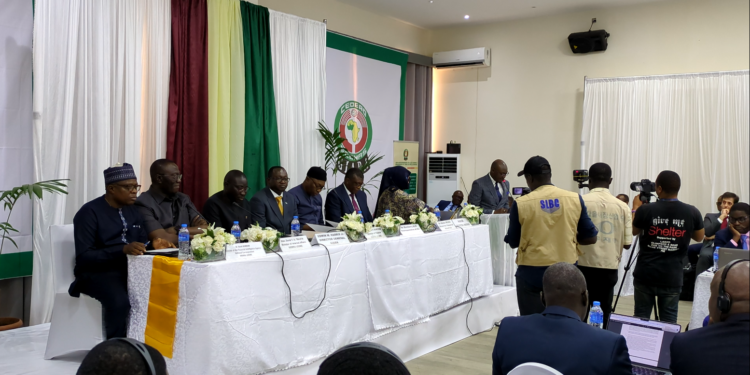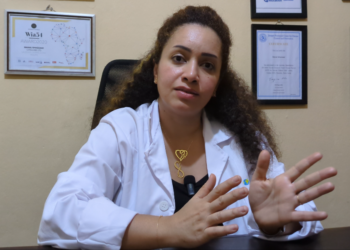By Kemo Cham
The Inter-Governmental Action Group against Money Laundering in West Africa (GIABA) is holding its Statutory Meeting in the Sierra Leonean capital, Freetown from November 17 to 23rd, 2024.
GIABA is the specialized agency of the Economic Community of West African States (ECOWAS), tasked with the responsibility of fighting money laundering, illicit financial flows and counter-terrorist financing within the region.
The Technical Commission/Plenary and Ministerial Committee Meeting is a biannual event that brings together the heads of Financial Intelligence agencies from the member countries, experts in financial crimes, regional and international partners to discuss progress and share experiences concerning challenges faced in implementing effective Anti-Money Laundering and Counter-Terrorism Financing (AML/CFT) measures.
The Freetown meeting which is ongoing at the New Brooksfield Hotel is the 42nd Technical Commission/Plenary and 29th Ministerial Committee Meeting.
In a press statement issued a head of the event, GIABA’s secretariat said a key feature in the course of the week-long deliberations will be the consideration and adoption of the 2nd Round of the Mutual Evaluation Report of Sao Tome and Principe, which is the last mutual evaluation report under the GIABA 2nd Round of Mutual Evaluation.

The Mutual Evaluation process provides an analysis of the level of compliance of member countries with the Financial Action Task Force (FATF) recommendations. These are the basis on which all countries should meet the shared objective of tackling money laundering, terrorist financing and the financing of the proliferation of weapons of mass destruction.
The delegates in Freetown will also look at the Follow-Up Reports of three member states – Nigeria, Sierra Leone, and Senegal – as well as several memorandums geared towards ensuring continuity and effective implementation of the FATF Standards.
Sierra Leone’s Minister of Finance, Sheku Fantamadi Bangura, on Thursday, November 21 officially opened the Technical Commission/Plenary meeting with a call for concerted efforts among member countries to root out financial crimes in the region.
Mr Bangura noted that changes in the operational dynamics of criminals due to advancement in technology, among others, points to the need for a proactive approach by the region and its partners.
“Economic crimes known no boundaries…recent advancement in technology that may lead to growth and development, do present very new risks, and with those techniques, there are huge risks as it will actually permeate criminal networks that may actually facilitate crimes that affect our economies and the peace and stability of our countries,” he said.
This is the 15th year since Sierra Leone last hosted this event that is held on rotation in member countries.
David Borbor, Director General of the Financial Intelligence Agency of Sierra Leone, said hosting the event was a testament to Sierra Leone’s commitment to fostering secure and transparent financial systems globally.
“The crimes we seek to combat – money laundering, terrorist financing and the proliferations of weapons of mass destruction, pose serious risk. These activities also undermine financial stability, enables corruption and threaten governance. Their impact extends beyond borders,” he told the delegates.
GIABA’s Director General, Edwin Harris Jnr, used his speech on the state of the agency to highlight threats posed to its efforts and measures required to counter them.
Mr Harris, the former head of the Financial Intelligence Unit in Liberia, took over GIABA as Director General in August, 2022. He sounded alarm on the growing drug crisis in the region, which he warned is a potential source of terrorist financing.
Harris also expressed concern about the low level of effectiveness demonstrated by member countries during the 2nd round of the mutual evaluation. He urged member states to allocate resources to their Financial Intelligence agencies and other competent authorities for adequate preparation ahead of the 3rd round of the evaluation process to enhance cooperation among stakeholders.
Harris said his management spent part of his tenue following the completion of the second round of the evaluation to shore up political commitment, which he intended to continue going into 2025.
The GIABA boss want countries to implement laws that test the effectiveness of unexplained wealth as a means of deterrence and measure of taking profit out of crimes.
In line with this, he said, GIABA plans to provide funding to civil societies as part of efforts to elevate the debate on the effectiveness of this strategy to stop criminals.
“We all should conceptualize and actualize that one of the surest ways to dissuade criminals is to take profit out of crime – that is deny criminals usage of the profit of a crime,” he said.
ECOWAS Commission President, Dr Omar Alieu Turay, is represented at the Freetown confab by Special Technical Adviser on financial crimes, a former Finance Minister of Gambia, Mamburay Njie, who emphasized on the significance of unity and cooperation in the fight against financial crimes.
“We must be united if we want to defeat crimes in the region,” he said.
But while recognizing progress in second round of the Mutual Evaluation process, Njie lent his voice to the general lamentation of the low level of effectiveness by member states. This, he warned, poses threat to regional integration.
The seven-day event ends with the Ministerial Commission meeting on Saturday, 26 November, when the policy-making organ of GIABA will consider and adopt the Director General’s Summary Activity Report, the Report of the 42nd GIABA Technical Commission/Plenary, and other confidential memorandums.

The delegates to the 42nd Technical Commission/Plenary and 29th Ministerial Committee Meeting in Sierra Leone were received with cultural display at the entrance of the venue at the New Brooksfield Hotel in the capital, Freetown. Image, Kemo Cham, ManoReporters.






















